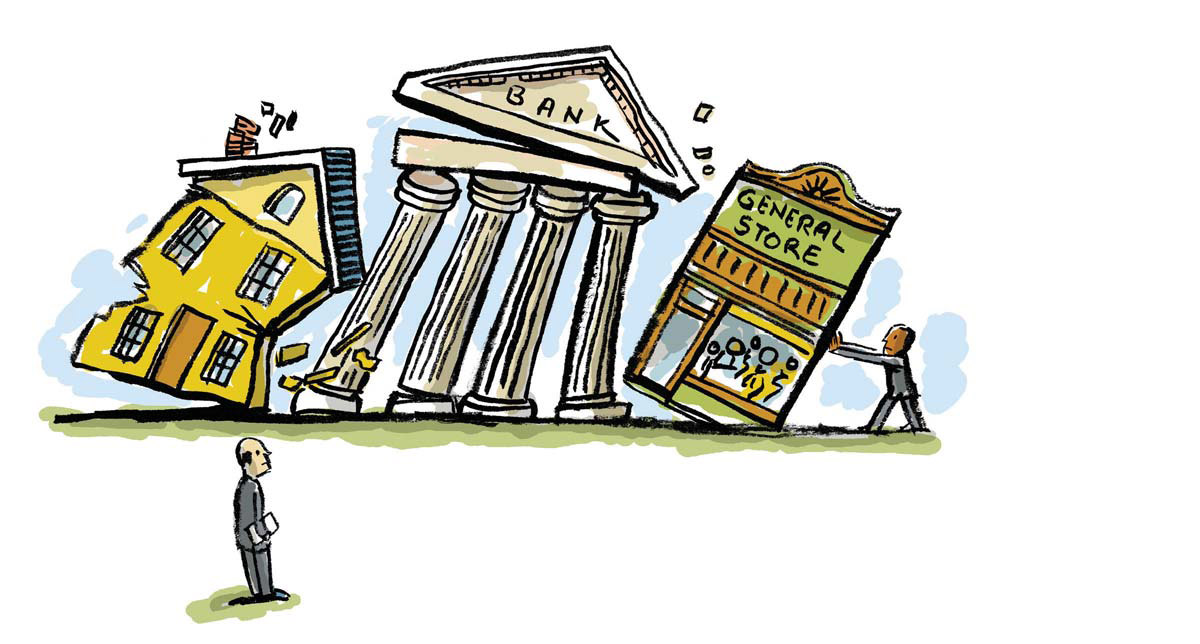Three effective ways to aggravate PR disaster
A bad income statement, a bad product review, a lawsuit, or a production accident - can knock down even the most impenetrable manager, especially when the media, shareholders, suppliers and the board of directors want to know exactly what happened; and know right now.

It is assumed that the department of public relations will smooth out such situations. However, if a company thinks about public relations only after it is faced with a crisis, then these very connections cannot develop effectively. Here you need to work in advance. This requires financial investments. However, other actions, or inaction - in the end can cost considerably more.
I. Sometimes, when faced with serious problems, the decision maker hopes for the best: “Or maybe the public will not know about our problems?” It’s so naive and stupid to think so. Sooner or later, any information will become known to the general public, and most likely sooner. Because we live in an era of 24-hour awareness, - the traditional news cycle has long died.
Ii. The public relations department may have the resources and connections to resolve the problem that has arisen, but often this is hampered by their own manager. How is it shown? If the company begins to throw mud in the media - this most often arises from the fact that PR people were the last to know about the crisis; due to the fact that they did not have direct access to their leader, due to his lack of transparency. As a result, PR people, instead of extinguishing a small spark of a flame, have to deal with a full-scale hellish flame. The leadership of such companies then tries to say: “We not only did nothing wrong, we also deserve press coverage as heroes.” However, journalists are not touched by such statements for the soul.
Iii. Corporate lawyers protect the company and minimize legal liability by finding various loopholes in the legislation. This may be a good strategy to avoid litigation, but at the same time you weaken your reputation so much that nobody else wants to buy anything from you. Where it is more appropriate to tell a discreet true story for the media, preparing it through joint efforts involving the joint efforts of lawyers and PR.
So what to do?
Be honest about what is happening - this is a fundamental principle, but few follow it. Be open to questions from the media, and respond to them with determination and sincerity. Never pronounce: "No comment"! Do not wait for someone to write about you. When a company, showing humility, admits that it has made some mistakes, and then promises to improve, the public is more willing to forgive and forget its mistakes.
To get out of the crisis, you need a public person - sensitive and influential. Ideally, this should be the CEO. When the crisis unfolds, the company cannot neutralize it simply by publishing a press release.
Ps. Written on the basis of this article from the Harvard Business Review.
